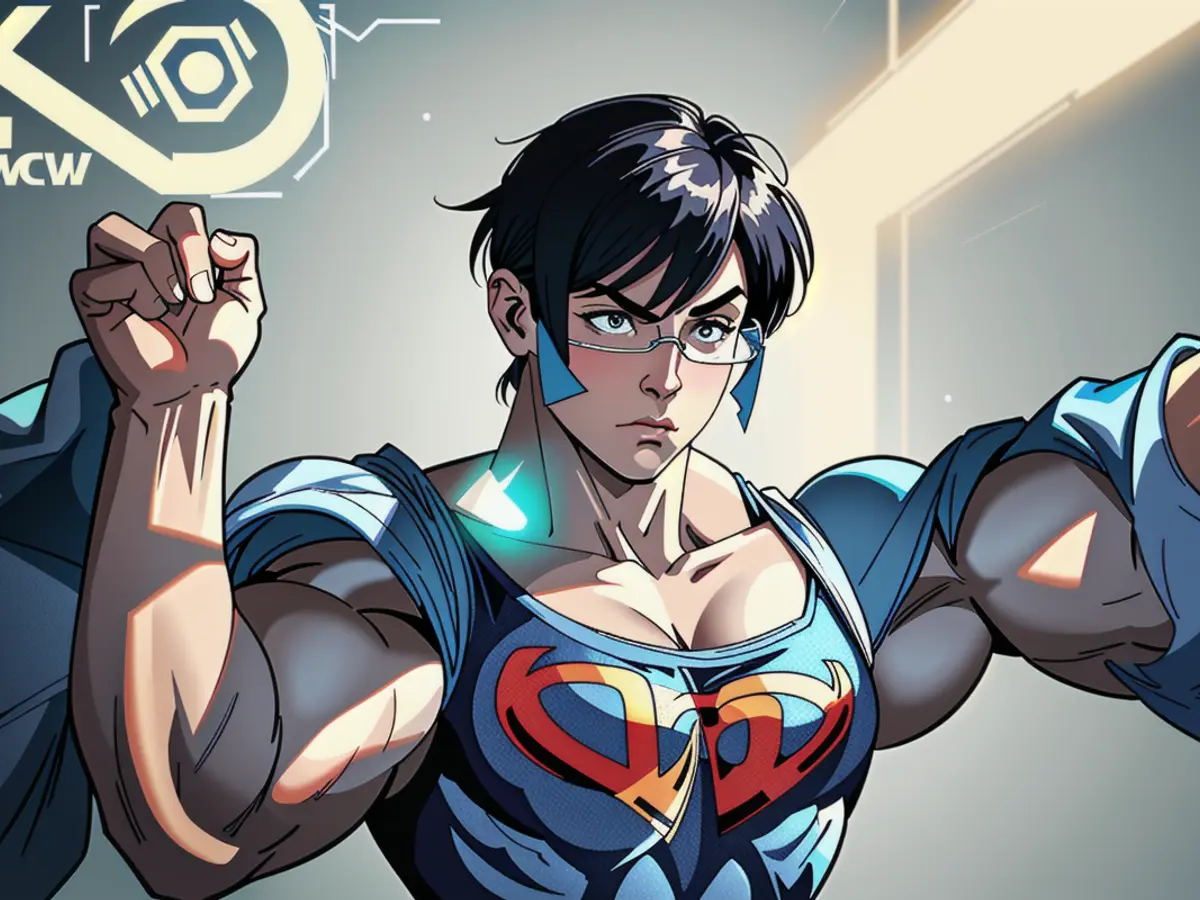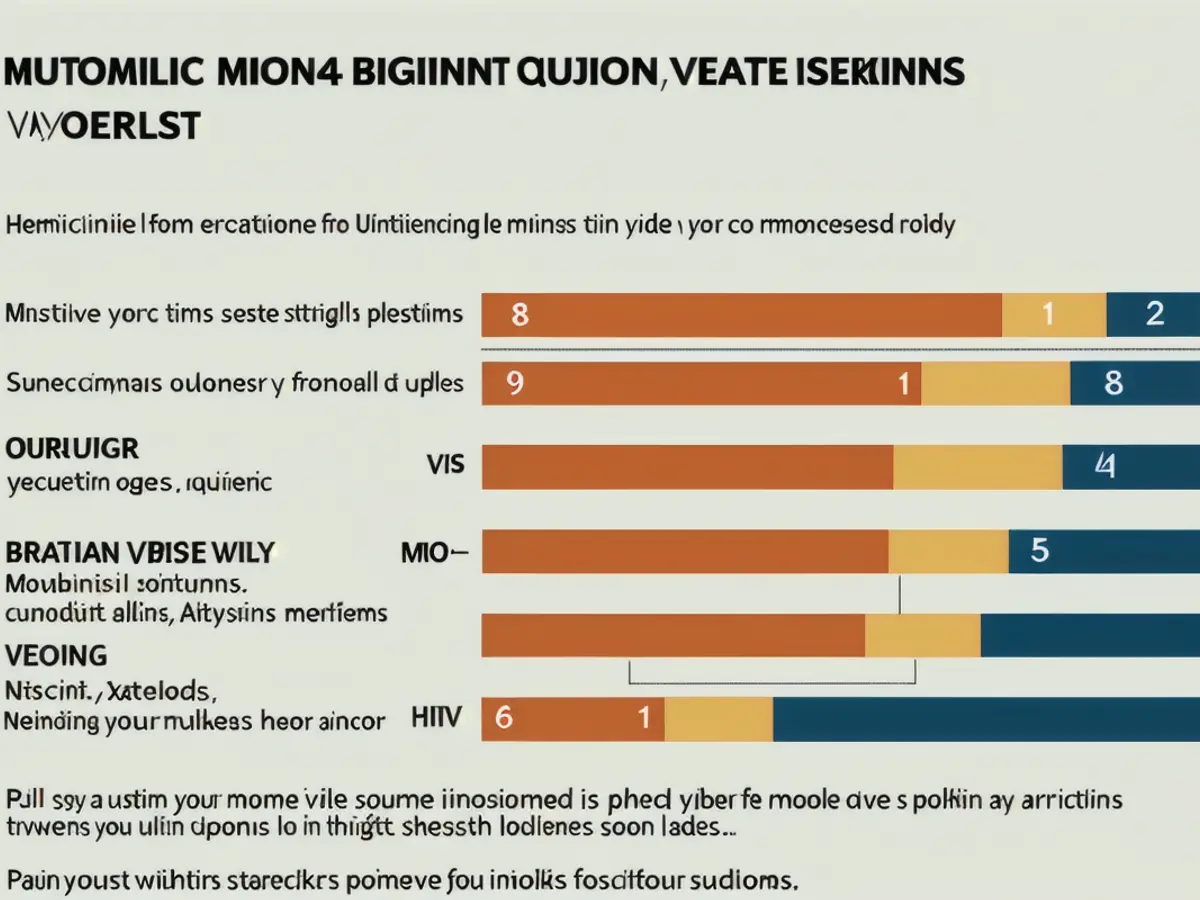Exploring the Evolution of Leadership in the AI and Augmentation Era
In the iconic 1927 German sci-fi film "Metropolis," Fritz Lang envisioned a technologically advanced future with the character Maria, transformed into the "Maschinenmensch" (Machine-Human). This metallic doppelganger controlled by Freder, a young man from the city's lower classes, manipulated the oppressed workers within the sprawling metropolis of Metropolis.
Though captured in 1927, Lang's portrayal of a robotically-driven society seems eerily relevant as we approach 2026. Robotics and human-technology augmentation are becoming increasingly prevalent, fueled by advancements such as smart glasses, AI avatars, haptic gloves, and advanced humanoid robots like those created by Boston Dynamics and Hanson Robotics. With significant investments pouring into this sector, projected to reach a combined value of $700 billion by the late 2020s, the line between human and robot is becoming blurred.
The partnership between AI and humans is transforming leadership. Traditional leadership roles are being redefined as AI and augmentation become more mainstream. While some skeptics may question the need for AI-augmented leadership, history, from the skepticism toward the automobile as a horse-drawn carriage replacement, teaches us that we must adapt to technological advancements.

Embracing AI-augmented leadership requires a careful balance to avoid over-reliance on technology while nurturing human qualities. Organizations should invest in both AI competencies and human leadership abilities, focusing on irreplaceable talents and soft skills like emotional intelligence, adaptability, and empathy. The development of AGI, aiming to enable AI to create rather than merely organize information, challenges organizations to ensure creativity and distinctiveness amidst machine-generated solutions.
AI is not without its risks, and leaders must be critical assessors of AI-generated insights. Bias and misinformation can hinder decision-making, requiring leaders to develop the ability to assess AI insights while valuing human input for well-rounded decisions. Human intuition remains an essential component in making balanced, meaningful decisions.

Ethical considerations are crucial in leadership in the age of augmentation as well. As AI and augmentation become more mainstream, equity, privacy, and informed consent concerns emerge. Ensuring responsible technology usage and upholding ethical considerations throughout AI and augmentation initiatives can help organizations build and maintain positive relationships with stakeholders and customers.
In preparing for this AI-enhanced future of leadership, organizations must prioritize behavior like adaptability, empathy, and emotional intelligence. They must establish clear ethical AI frameworks and promote collaboration between technology and human capital. By creating a synergy between human and technological capabilities, organizations can create a positive and inclusive workplace culture, balancing technology and talent investments, and effectively leveraging AI while maintaining their mission and values.
Ultimately, the message from "Metropolis" rings true in this era of augmented leadership. A balance of technology, talent, and human ingenuity is essential, guided by a commitment to ethical considerations and inclusivity. As humans and machines work towards a shared purpose, they can create a cohesive, innovative future where technology serves humanity, rather than the reverse.
In light of the increasing integration of robotics and AI into various industries, leaders must develop a strategic approach to leverage these technologies while preserving human qualities. This could involve investing in both AI competencies and human leadership abilities, focusing on soft skills that are difficult for AI to replicate.
Moreover, as AI is not devoid of risks, such as bias and misinformation, effective leaders should possess the ability to critically assess AI-generated insights, recognizing the value of human intuition in making balanced decisions. This balanced approach to leadership, combining human ingenuity with technological advancements, is reminiscent of the partnership between Freder and the Maschinenmensch in "Metropolis."






